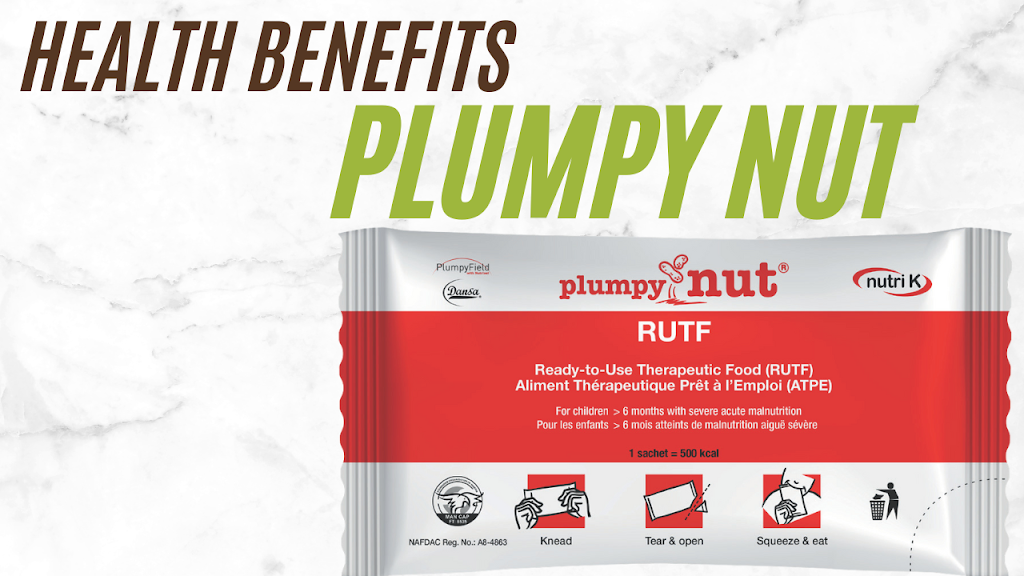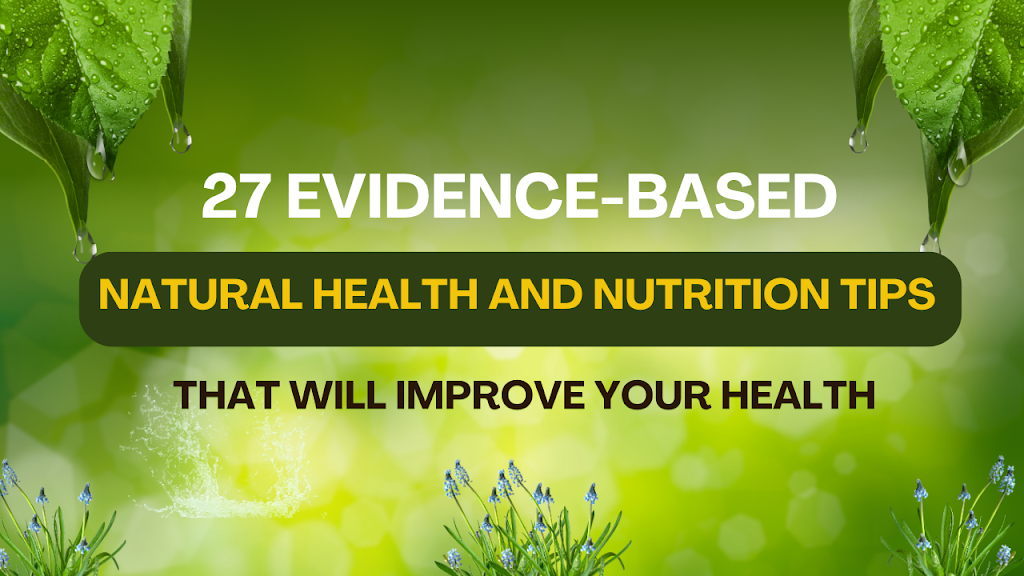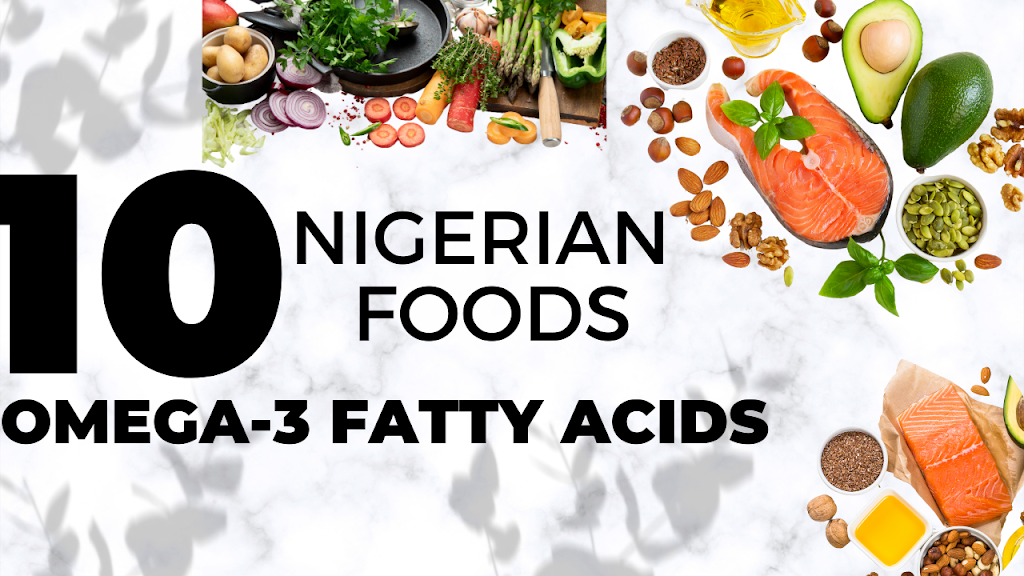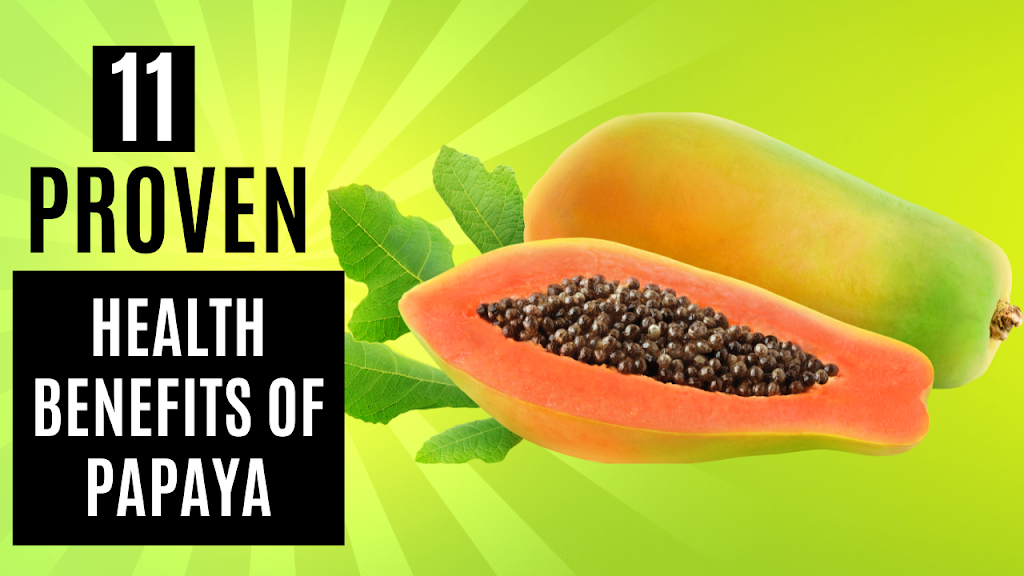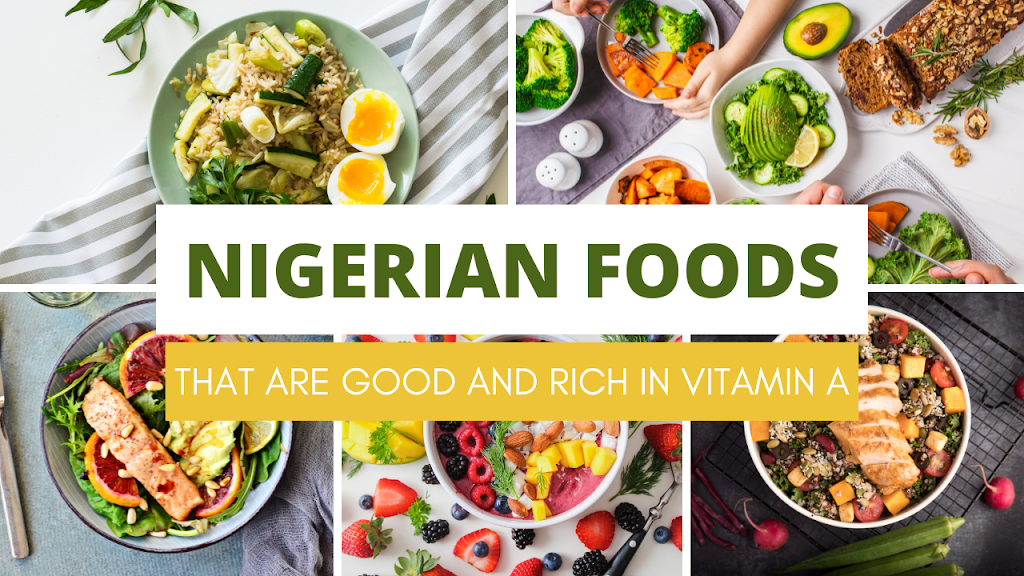.JPG) |
pumpkin leaves or Nigerian Ugwu |
Nutritional Value of Pumpkin Leaf (Ugu)
This leafy vegetable is filled with nutrients ranging from
calcium, iron, potassium, manganese, vitamin C, A, B2, E, and more.
Pumpkin leaves can be consumed in various ways. They can be made as a soup, added to salads, made as a dessert, or eaten raw. Ugu leaf has a healthy amount of vitamin A, vitamin C, calcium, and iron.
Pumpkin leaf, also known as “ugu” in Nigeria, is a staple ingredient in traditional dishes and has numerous health-promoting properties, making it a valuable addition to your diet.
Here are the top 12 unbelievable health benefits of consuming Pumpkin leaves.
Here are important reasons to include them in your diet:
1. Rich Source of Nutrients
Pumpkin leaves are a rich source of essential vitamins, minerals, and antioxidants, essential for overall health, immune function, skin health, and bone health, as well as regulating blood pressure.
2. Immune-Boosting Properties
Pumpkin leaves, rich in vitamin C, have immune-boosting properties, enhancing white blood cell production and preventing infections, making them a natural defense against common colds and flu.
3. Supports heart health
Pumpkin leaf consumption can improve heart health by containing potassium, and antioxidants like vitamin E, and regulating blood pressure, thereby reducing the risk of heart disease and stroke.
4. Aids Digestive Health
Pumpkin leaves are a rich source of dietary fibre, essential for maintaining digestive health by promoting regular bowel movements, preventing constipation, and supporting healthy gut bacteria growth.
READ MORE ON 10 Health Benefits of African Spinach
5. Promotes eye health
Pumpkin leaves, rich in vitamin A, are beneficial for eye health, promoting good vision, preventing macular degeneration, and cataracts, and can be incorporated into meals for long-term benefits.
6. Support for Weight Management
Pumpkin leaves are a beneficial weight management tool due to their low-calorie, high fibre content, promoting satiety, controlling appetite, and providing essential vitamins and minerals for efficient metabolic function.
7. Potential of Anticancer Properties
Recent studies suggest pumpkin leaves contain bioactive substances like chlorophyll and flavonoids, which may have anticancer effects. Consuming these in a balanced diet may help prevent some cancers.
8. Treat Convulsion
Ugu leaves, used centuries ago for treating high fever and convulsions, are effective in treating children’s convulsions when mixed with coconut water and salt.
9. Promotes Fertility
Fluted Pumpkin leaves are used locally to treat infertility in both men and women, improving sperm count and testicle function, and boosting post-pregnancy health by increasing breast milk production.
10. Improve Memory
Fluted pumpkin leaves, rich in nutrients like vitamins and magnesium, can enhance memory, and cognitive reasoning, and reduce dementia and Alzheimer’s disease.
11. Keeps Diabetes in
Control
Ugu also serves as an
anti-diabetic agent. The polysaccharides and ethyl acetate in it help to
reduce the level of glucose in the body and also make the body glucose-tolerant
enough thereby keeping diabetes in check.
12. Improves Blood
Production
Pumpkin leaves are a
“natural blood tonic” which is why it is usually recommended to people who
suffer from a shortage of blood due to certain sickness. It acts as a blood
booster due to its rich iron and mineral properties.
13. Anti-Aging
If you really want to age
effortlessly, you should add pumpkin leaves to your diet. Consumption of
pumpkin leaves will help slow down your aging process because it has
antioxidants in abundance.
Related Post 15 Amazing Health Benefits of Cucumber
Side Effects of Pumpkin
Pumpkin products may cause stomach discomfort, diarrhoea, nausea, itching, rash, and allergic reactions. Skin safety and the side effects of pumpkin seed oil are uncertain.
Final Word
Pumpkin leaf (ugu) is a nutrient-rich superfood with numerous health benefits, including immune function, heart health, and digestive health. It’s a valuable addition to any diet, enhancing overall well-being and vitality.
Frequently Asked Questions
Q: What are pumpkin leaves (ugu)?
Pumpkin leaves, known scientifically as Telfairia occidentalis, are the edible leaves of the pumpkin plant. They are commonly used as a leafy green vegetable in various cuisines, particularly in West Africa, where they are known as “ugu” in Nigeria.
Q: What do pumpkin leaves taste like?
Pumpkin leaves have a mild, slightly earthy flavour with a hint of sweetness. They are often compared to spinach or Swiss chard in taste and texture. When cooked, pumpkin leaves become tender and have a delicate, leafy taste.
Q: How do you prepare pumpkin leaves for cooking?
To prepare pumpkin leaves for cooking, start by washing them thoroughly under cold running water to remove any dirt or debris. Then, remove the tough stems and any damaged or discolored leaves. The leaves can be chopped or torn into smaller pieces before cooking.
Q: What dishes can you make with pumpkin leaves?
Pumpkin leaves are incredibly versatile and can be used in a variety of dishes, including soups, stews, stir-fries, sauces, and salads. Popular dishes featuring pumpkin leaves include Nigerian vegetable soups like “egusi soup” or “afang soup,” as well as savoury stews and casseroles.
Q: Are pumpkin leaves nutritious?
Yes, pumpkin leaves are highly nutritious and packed with essential vitamins, minerals, antioxidants, and dietary fibre. They are particularly rich in vitamins A, C, and E, as well as iron, calcium, potassium, and magnesium, making them a valuable addition to a balanced diet.
Q: What are the health benefits of pumpkin leaves?
Pumpkin leaves offer a range of health benefits, including immune support, heart health, digestive health, eye health, and weight management support. They are also believed to have anti-cancer properties and contribute to overall well-being.
Q: Where can I buy pumpkin leaves?
In regions where pumpkin leaves are commonly consumed, they can be found in local markets, grocery stores, or specialty ethnic food stores. Alternatively, you may find pumpkin leaves at farmers’ markets or through online retailers that specialize in fresh produce.
Q: How do I store pumpkin leaves?
Store pumpkin leaves in the refrigerator to maintain moisture, use within a few days for optimal flavour and texture, or blanche and freeze for longer storage.
RELATED ARTICLES
- 20 Delicious and Healthy Hausa Foods You Should Try Today
- 8 Exciting Health Benefits of Alligator Pepper for Men and Women
- 10 Proven Nigerian Foods That Can Boost Blood Count
- 16 Amazing Health Benefits of Watermelon, Nutrition Facts and Side Effects
- 13 Amazing Health Benefits Of Coconut Water (Must Read)
- Proven Health Benefits of Ukazi Leaf You Should Know
- What are Peas, Health Benefits of Peas, Nutritional Value, and Side Effect
- Promising Health Benefits of Kolanut
- 20 Incredible Health Benefits Of Bananas You Need To Know
- 10 Hidden Benefits of Carrots You Should Know
- Amazing Health Benefits Red Palm Oil You Should Know
